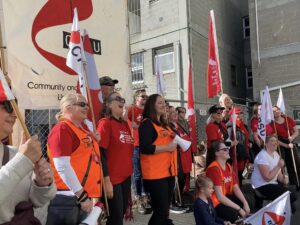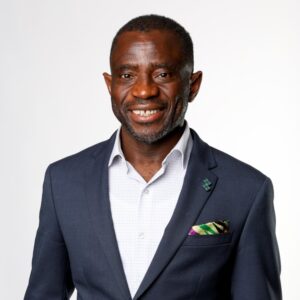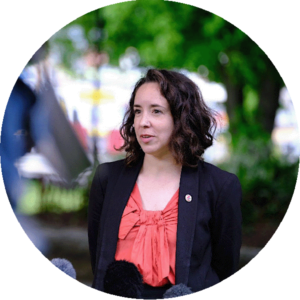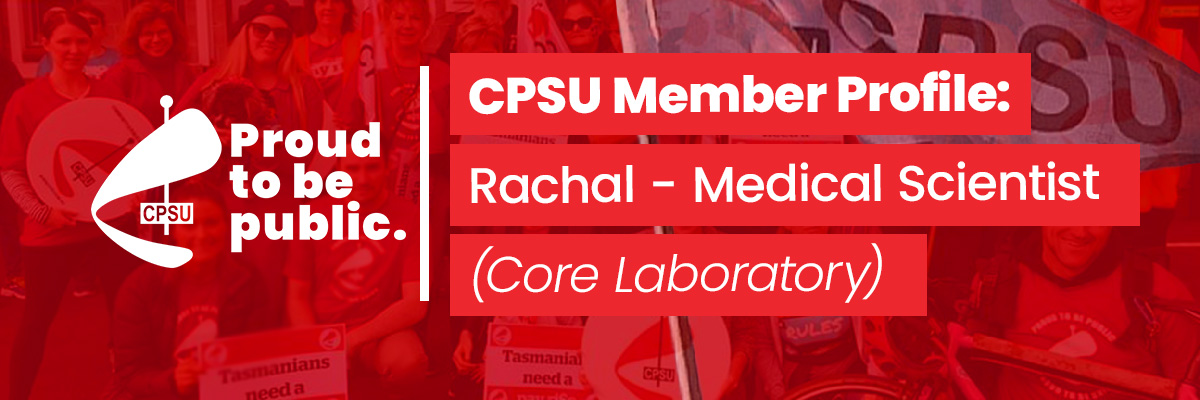
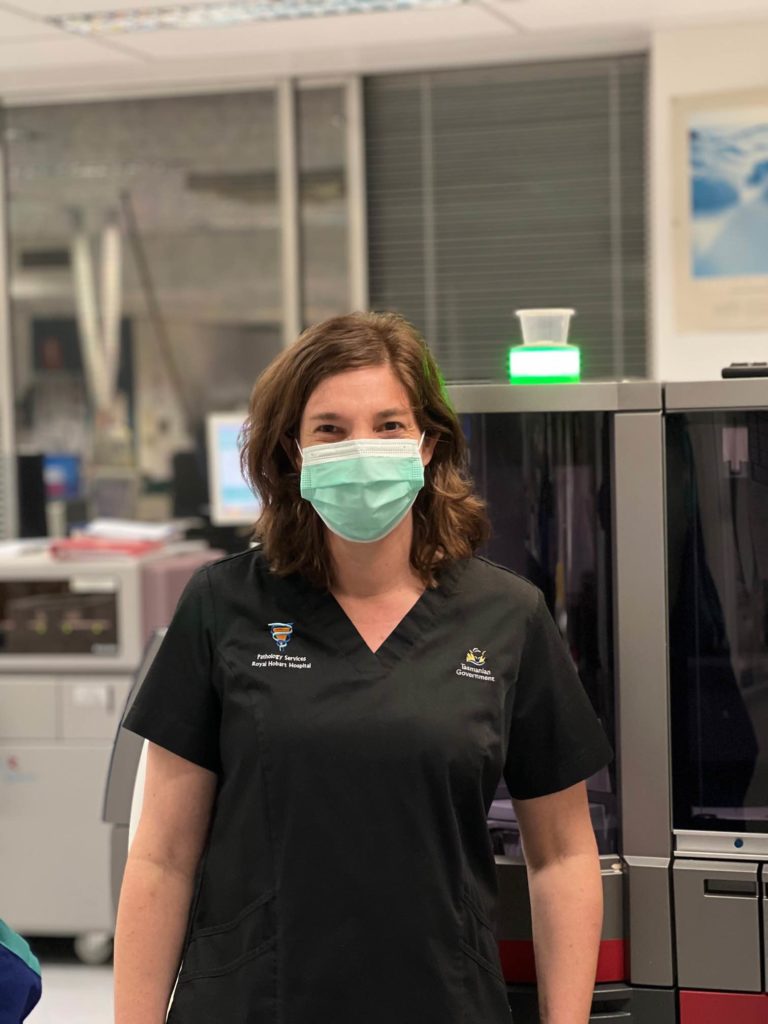
Meet Medical Scientist and CPSU Delegate Rachal. Rachal works at the Core Laboratory at the Royal Hobart Hospital.
Following the International Day of Women and Girls in Science we found out a bit more about Rachal and the work she does with her colleagues.
What does your job involve?
“I am a medical scientist in the Core Laboratory at the Royal Hobart Hospital. The Core Laboratory includes Biochemistry, Haematology, Coagulation and Transfusion, so basically encompasses the study of many different components of blood. Due to the scope of tests we perform, every day is a little bit different.”
How does your work help Tasmanians?
“Many medical diagnoses such as blood disorders and cancer rely on laboratory tests, so Pathology services play a vital role in the care of patients. We are the only 24-hour on-site pathology service in Tasmania, and our role is to support the Royal as the tertiary referral hospital for trauma, neurosurgery, cardiac surgery and bone marrow transplantation, all of which heavily rely on blood transfusion. We are here 24-7, 365 days a year at the RHH to ensure that Tasmanians always have access to essential test results and transfusion services.”
What part of your role are you proud of?
“I’m really proud of the direct role we have in helping patients who are in serious trouble. The right blood product to the right patient at the right time is key to many medical emergencies. The lab is the gatekeeper to the issuing of blood products and central to patient safety.”
How has the pandemic impacted and changed your work?
“We came to work as usual throughout the pandemic so not much changed in that regard. We have recently noticed an increase in the workload, hopefully due to an increase in people presenting for screening blood tests that they may have delayed during the peak of the pandemic.”
What do you love about your job?
“I have always had a passion for Transfusion medicine. For every unit of blood that is received by a patient in the hospital, whether that be after an accident, during chemo treatment or any another reason, a medical scientist has been involved in making sure that unit of blood is the right one for that patient. Even though we never get to meet the people at the other end, there is something special about being part of providing that support.”
Any common misconceptions about working in a lab you’d like to correct?
“Unlike the labs in TV shows, we have no magic buttons that can get instant lab results. Every result produced by a diagnostic laboratory takes extensive training, time and a lot of careful behind-the-scenes work.”
What does your Delegate role involve?
“As one of the few 24/7/365 workplaces operating under the Health and Human Services Award, we find there is not a lot of HR knowledge or assistance around rostering issues – in fact the rostering provisions in HAHSA are not fit for purpose in a 24-7 workplace operating three shifts a day! A lot of time as Delegate is spent educating members around the shift work rules and ensuring that the work rosters are Award compliant.”





